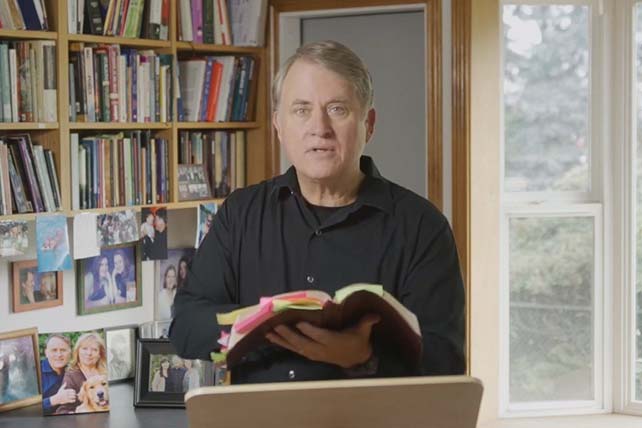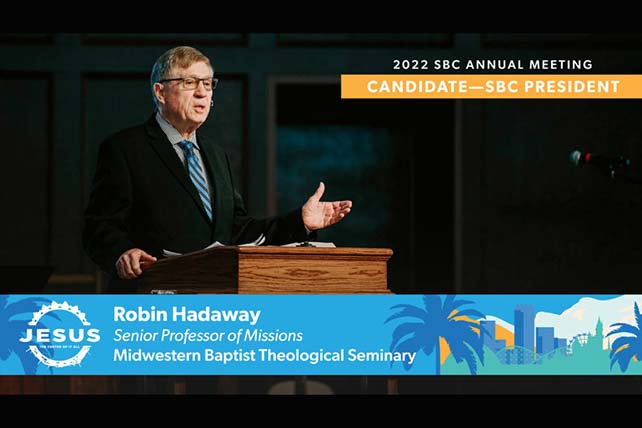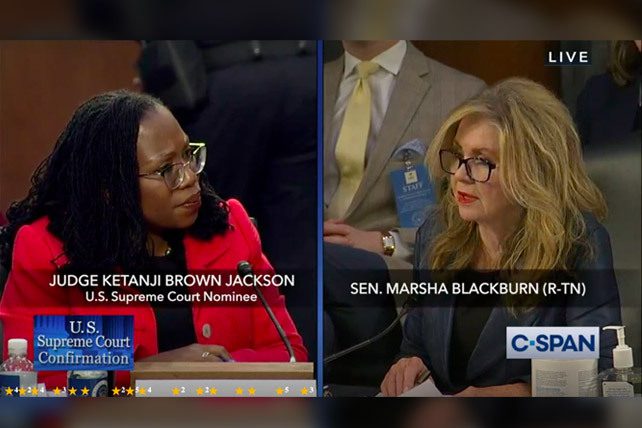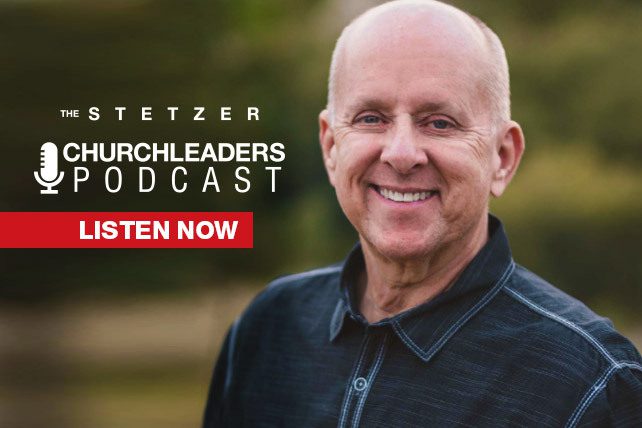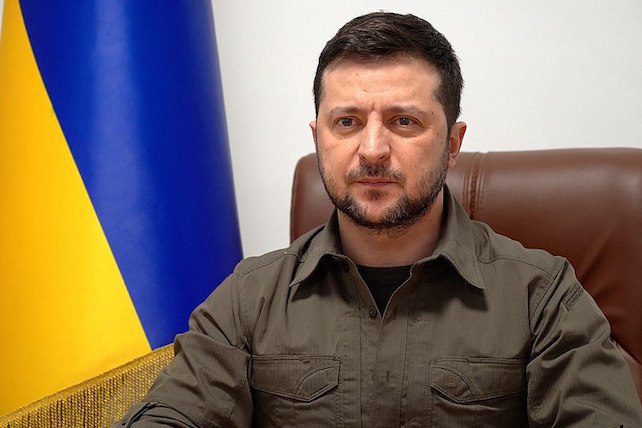Those whom God has called to singleness — whether for a season or for their whole life—he will supply with all the necessary graces to live a happy and fulfilled life in it.
When Jesus taught about singleness in Matthew 19, he concluded by saying, “Let the one who is able to receive this receive it” (Matthew 19:12 ESV). The Greek “receive” is chōreō. It means “to make room” for something. Far too many unmarried believers are simply trying to get through singleness, rather than making room for what God will do through that singleness.
If God has called you to singleness, then he wants you to clear a path and make room for it in your life. Here are a few ways to do that.
1. Devote yourself to God.
Whether you’re married or not, you need God’s grace to make it, so look first to your relationship with the Lord. When the vertical is right, God gives the horizontal supply. When our relationship with God is broken, our earthly relationships will always suffer.
Now, I want to be clear about what this doesn’t mean: I’m not saying (as far too many Christian leaders sadly do) that God rewards all the faithful single people with spouses. Not only does life itself refute this careless thesis, but it also disparages those who aren’t married. So hear me: Singleness is not God’s punishment, nor is marriage God’s reward.
What I am saying is that God has given each of us everything we need for today, if we devote ourselves to him. Some of you may not like your singleness. Be honest with God about it. But remember that God means to use your circumstance, above all, to produce a love for Christ in you.
2. Lean into your forever family.
You need the church, and they need you. So get involved. Get to know people personally (and not just other singles). Invest in the younger people in your church. Find your place in ministry.
Your married friends have a key responsibility in this, too. For instance, we need to see our single friends as God’s treasures and not as projects we need to fix. (If you’re single, you know what I mean. If you’re married, stop it.)
We must also be aware that the particular calling of singleness has some of its own challenges. The more we recognize that, the more we can love single people well. This might look like inviting them into our everyday lives or to join our families for key moments (like vacations or holidays), especially if their extended families are unhealthy or far away.
3. Use this time to build your identity in Jesus.
Again, this is true for married people and single people. (Are you sensing a theme yet?) And it’s a wise approach whether you intend to get married or not. But I’d wager this is particularly needed if you ever plan to get married. Instead of obsessing about finding who is right for you, focus on becoming the person God has created you to be. As one pastor says, “Become the person that the person you are looking for is looking for.”
Does this guarantee that God will send you that perfect partner? Nope. But if God has marriage in your future, you’ll be glad your identity is bedrock solid on Jesus. Your spouse will thank you, too. And if you never marry, you’ll need this identity anyway.
Don’t wait for a future spouse to give you an identity. Build that identity on Christ today.
4. Leverage your singleness for all it is worth.
Don’t waste what makes singleness unique. You have more disposable time and (often) more disposable money than a family with young children. But your time and money aren’t yours; they’re things God has entrusted to you to use for his mission. If you have more of them, you have more flexibility to serve God and others. So don’t waste that chance.
We need a generation of singles in the church to rise up with the compassion of Jesus in their hearts, who will use both the advantages and the difficulties afforded by their singleness to open up their hands and hearts to the needs of the world.
Now is the time to make disciples for eternity. You may not know when or if you’ll get married and start a biological family, but you can invest in God’s forever family now—and that’s a decision you will never regret.
This article originally appeared here.




